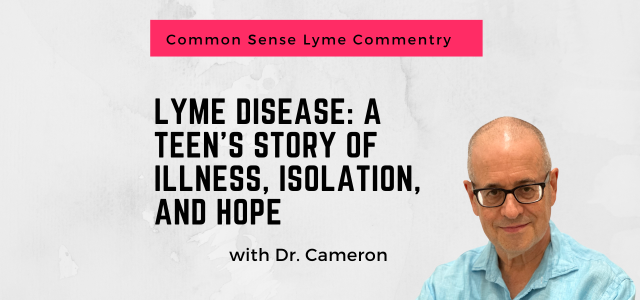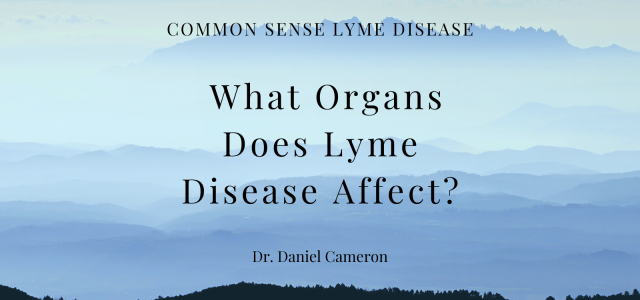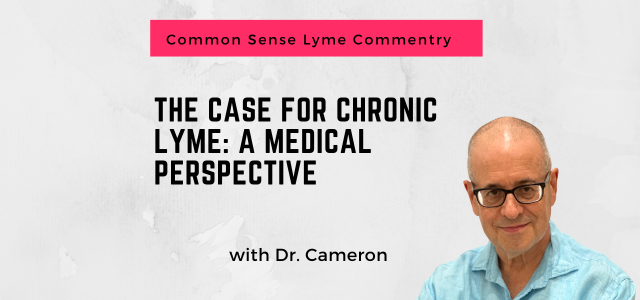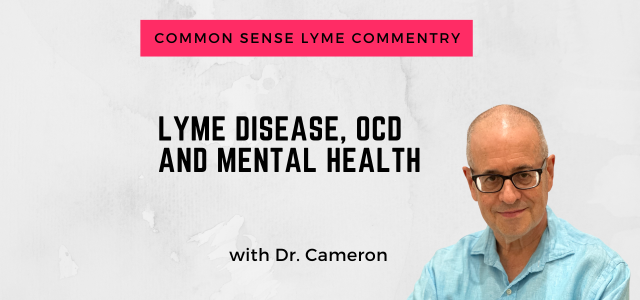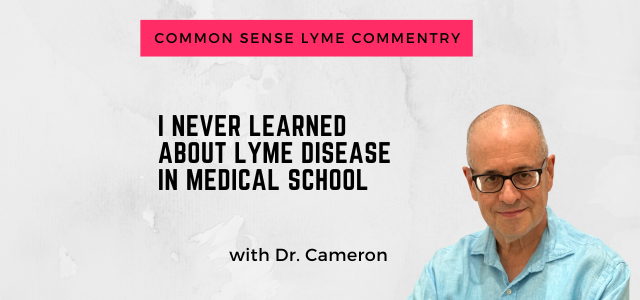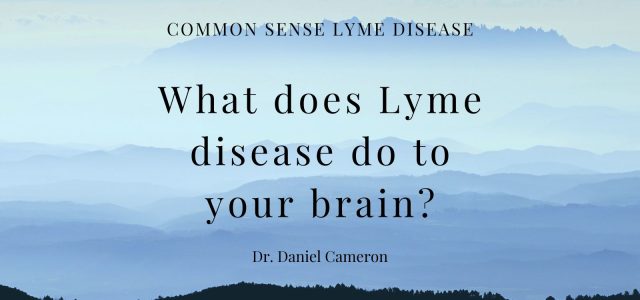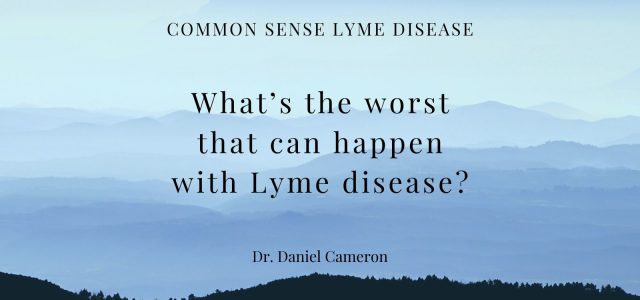Lyme Science Blog
Dr. Daniel Cameron, MD, MPH, is a nationally recognized leader for his expertise in the diagnosis and treatment of Lyme disease and other tick-borne illnesses. His weekly Lyme Disease Science blog features articles covering the latest research, insights and case reviews.
Favorite Blogs, Lyme Science Blog
Lyme Disease: One Teen’s Story of Struggle and Strength
A Patient’s Story Worth Sharing Today, I want to share a story that has stayed with me—a story about one
Lyme Science Blog
What Organs Does Lyme Disease Affect?
Lyme disease doesn’t stay in one place—it can spread throughout the body, affecting multiple organ systems, including the skin, joints,
Lyme Science Blog
The Case for Chronic Lyme: A Medical Perspective
The Chronic Lyme Disease Controversy I’ve been treating chronic Lyme disease for 37 years. In that time, I’ve witnessed firsthand
Lyme Science Blog
Lyme disease causes bilateral facial palsy
Bilateral facial palsy (paralysis or weakness on both sides of the face) is extremely rare and can be caused by
Favorite Blogs, Lyme Science Blog
Lyme Disease and Mental Health
My patient had a long-standing history of Obsessive-Compulsive Disorder (OCD) that had been well-controlled for years. However, after being diagnosed
Lyme Science Blog
I never learned about Lyme disease in Medical School
During my medical school, graduate school, and residency, Lyme disease wasn’t even on my radar. That’s not surprising, given that
Lyme Science Blog
Relapse in Lyme disease due to failure to eradicate the spirochete
Relapse in Lyme disease remains a critical issue, often due to the failure to completely eradicate the Borrelia burgdorferi bacterium
Favorite Blogs, Lyme Science Blog
What Does Lyme Disease Do to Your Brain?
Lyme disease, if left untreated, can infiltrate the nervous system, leading to a range of cognitive, neurological, and psychiatric complications.
Lyme Science Blog
What’s the worst that can happen with Lyme disease?
It starts small. A tick bite you never noticed. A fever that comes and goes. An ache you blame on

